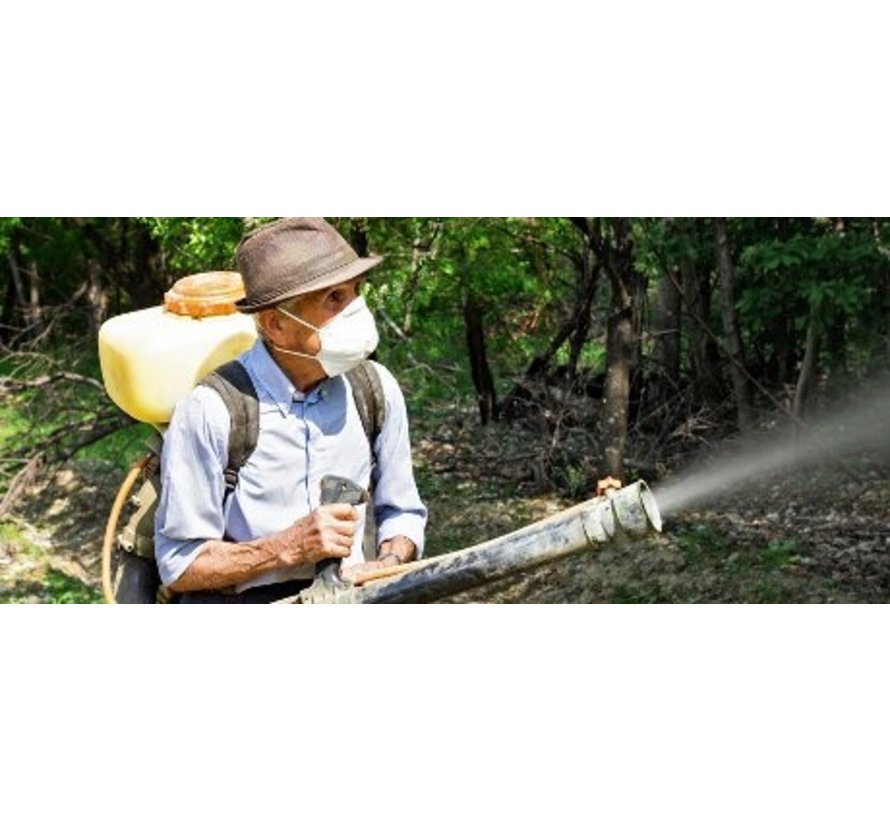cholinesterase and dibucaine fluoride number
Cholinesterase and Dibucaine-Fluoride Study
In this examination 3 tests are performed:
- Cholinesterase
- Butyryl-Cholinesterase
- Dibucaine number
Butyrylcholinesterase is also known as pseudocholinesterase, or plasma cholinesterase.
The test determines the activity of the enzyme pseudocholinesterase. This enzyme is closely related to cholinesterase or acetylcholinesterase. Acetylcholinesterase is produced in nerve cells and is important for the breakdown of the nerve stimulating substance (neurotransmitter) acetylcholine in the nerve endings. Degradation of acetylcholine stops nerve stimulation until a new stimulus is produced via newly released acetylcholine.
The related enzyme pseudocholinesterase (also called acylcholinesterase or cholinesterase II) is not produced in the nerves, but in the liver. It is less specific than the cholinesterase itself. The role of pseudocholinesterase in the body is not clear there are no known diseases related to the activity of the enzyme.
However, it has been shown that a lowered activity of pseudocholinesterase can be a clue to explain certain phenomena. For example, lower enzyme activity causes certain muscle relaxant drugs to work much longer than expected. This is because the reduced enzyme activity delays the breakdown of the active substance (succinylcholine) in the drug.
Reduced enzyme activity may also be an indication of poisoning with organophosphorus insecticides. The action of these insecticides relies on the inhibition of cholinesterase resulting in over-stimulation of the nerves and destruction of the insect. When poisoning humans with this type of insecticide, not only is cholinesterase activity inhibited, but pseudocholinesterase activity is also decreased. The determination of pseudocholinesterase activity can also be used to estimate the function (protein production) of the liver.
Included in the assortment on special request
''The reason I would like to request this test(s) is because I suffer from cholinergic symptoms (salivation, rapid tearing eyes, sweating, cloudy vision). I myself am a dyautonomia patient with CFS like symptoms and hope to use these tests to determine if I should look for the cause in the cholinesterase. It has been shown in the past that the vessels of patients with chronic fatigue syndrome (CFS) are extra sensitive to acetylcholine which is probably caused by a deficiency in cholinesterase [1]. In addition to pesticides, which incidentally I do not work with directly, nitrates, oxidative stress, viruses and heavy metals also cause a decrease in cholinesterase activity. All these factors are associated with CFS and therefore I am very curious to see if this manifests itself in low cholinesterase activity.''





